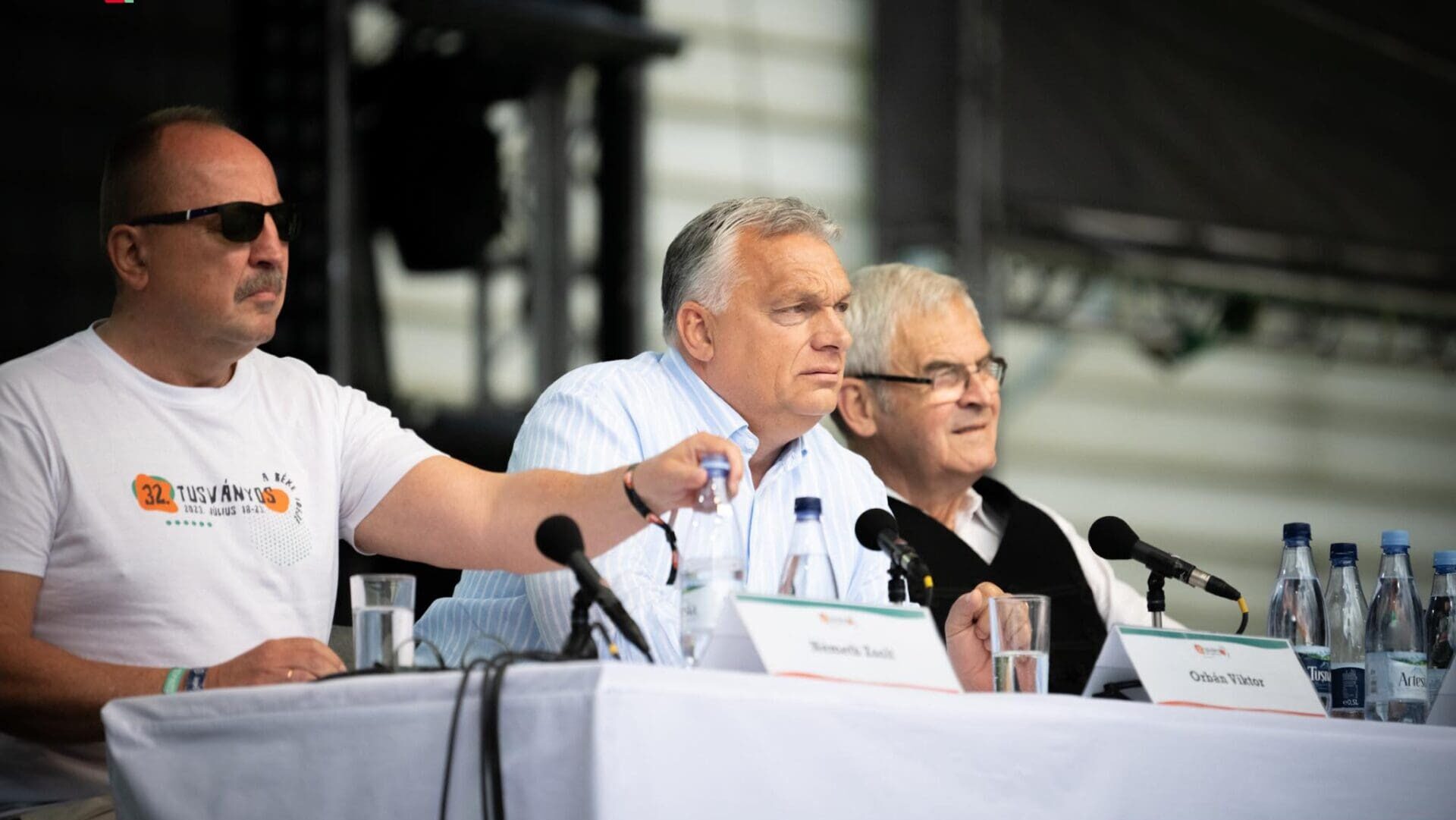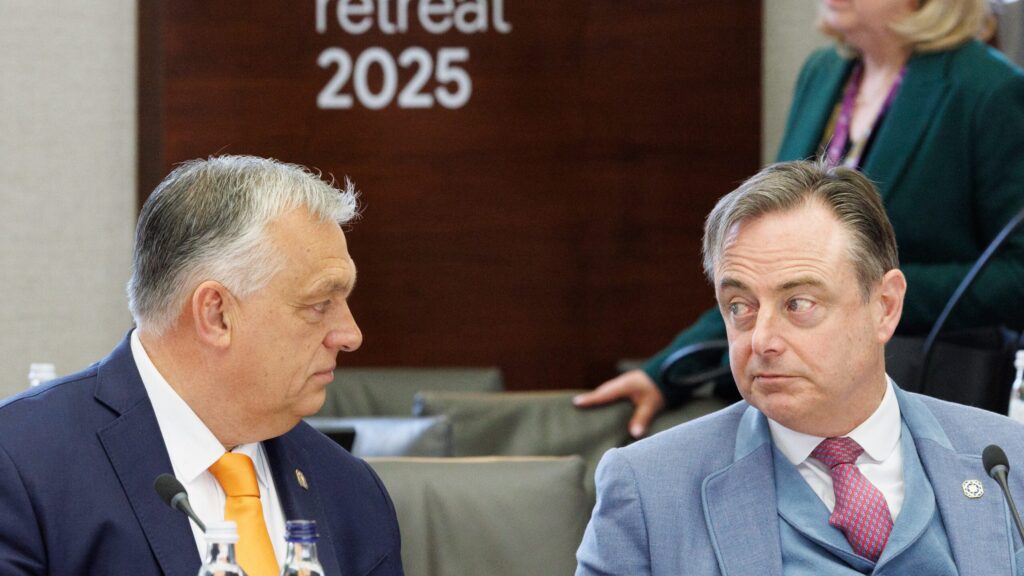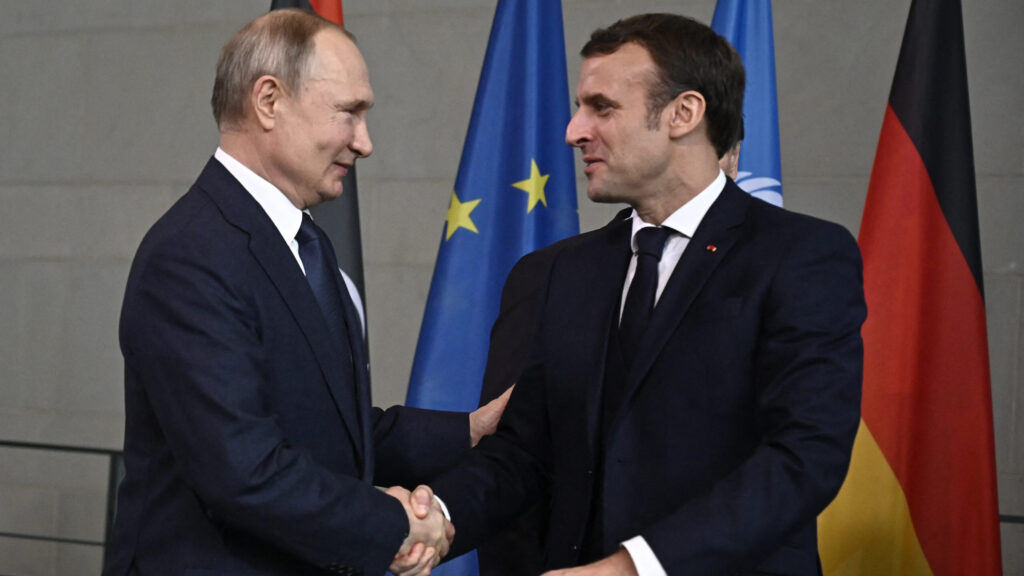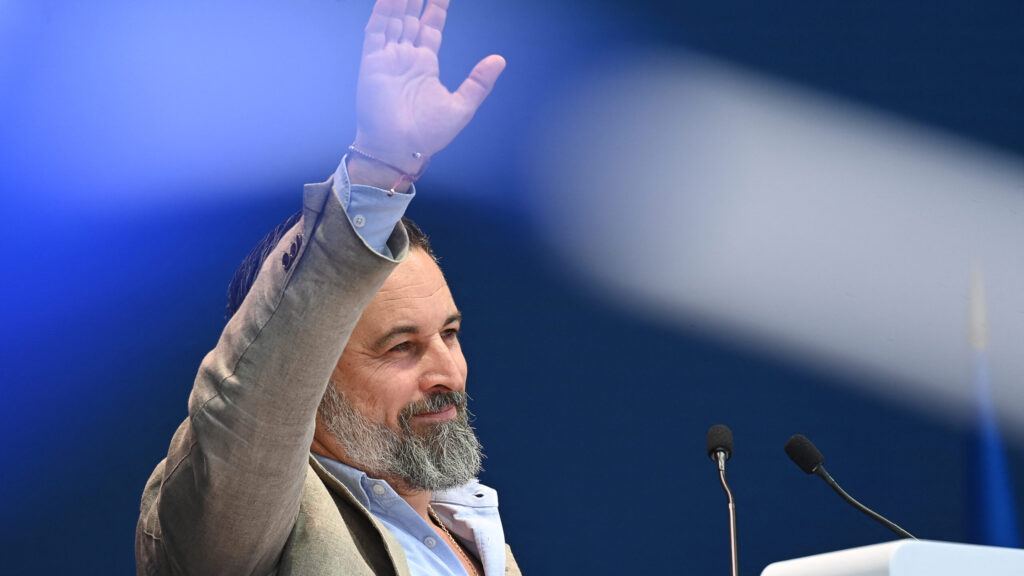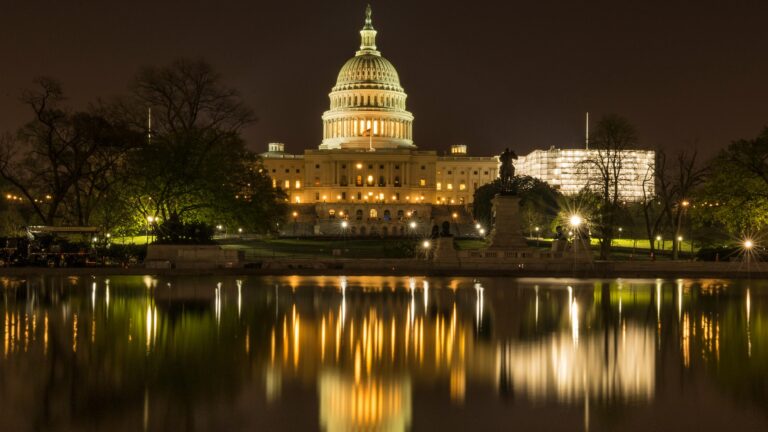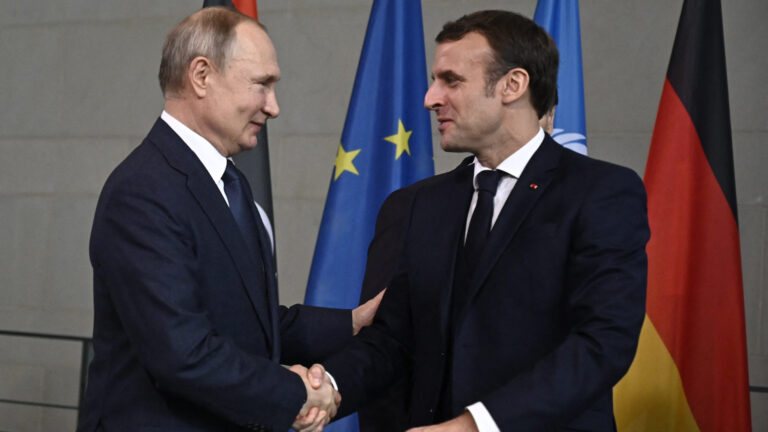The 33rd annual Bálványos Summer Free University and Student Camp, commonly known as Tusványos, commenced on Tuesday in Tusnádfürdő (Băile Tușnad), Transylvania, Romania. As in previous years, the main event of Tusványos is the speech by Hungarian Prime Minister Viktor Orbán, scheduled for Saturday morning. In his address, Orbán typically shares his thoughts on governance and strategy-making, often foreshadowing the Hungarian government’s policies. This speech serves as a guide not only for political actors but also for voters.
Hungarian right-wing daily, Magyar Nemzet, has compiled the most memorable thoughts and moments from Viktor Orbán’s speeches in recent years. In 2023, the prime minister emphasized that we are living in a particularly dangerous period in the history of mankind, marked by significant change. He noted that the balance of power in the world has shifted, and we are now enduring its grave consequences. Orbán pointed out that China’s rise has altered the global balance of power, a longstanding concern for the Western world. He stated that there has never been such a rapid and tectonic global imbalance as the one we are experiencing today.
In his assessment of the European Union, PM Orbán stated that there is a
widespread feeling of anxiety and constraint within the EU.
According to the prime minister, the EU is rejecting its Christian heritage, engaging in population exchanges, and conducting an LGBTQ campaign against family-friendly nations. He further asserted that Europe has developed its own political class, which he believes is no longer accountable, nor Christian, nor democratic in its principles.
‘We don’t want everyone to have the same faith, family life, or holidays. However, we insist on having a common home, a common language, a common culture, and a common public sphere that must be protected at all costs. That is why we will not compromise, we will not back down, and we will insist on our rights. We will not give in to political or economic blackmail,’
he stated.
Orbán also noted that if everything goes well, he will be able to discuss plans for 2030 to 2040 in 2024.
Predicting the Future
In 2022, after a three-year absence due to the COVID-19 pandemic, Viktor Orbán addressed Tusványos’s audience once again. He highlighted that since 2019, the world has entered a decade of wars and dangers, and the pillars of Western civilization, once thought to be unshakable, have been weakened. The prime minister had already predicted this development three years earlier when he warned of the weakening of European competitiveness due to liberal policies, as noted by Magyar Nemzet.
The prime minister stated that the global political situation is unfavourable, and Hungary is facing several challenges simultaneously. The first is still population growth, followed by migration and the attempt to replace the European population. The third challenge is the threat of the rise of gender ideology in the West, the fourth is war, and the fifth is the emerging energy crisis. Closely linked to these issues is the spectre of a European and international economic recession.
Orbán stated that there is
no realistic chance of peace before the 2024 US presidential elections,
comparing the European Union’s strategy for addressing the conflict to a car with punctures on all four wheels. He asserted that the EU needs a new vision and that Hungary must take steps to ensure its local success in order to avoid the global crisis.
In 2019, the prime minister stated that the Hungarian nation has the capabilities to defend itself, is on an encouraging course, and that its further development is threatened not from within, but from external forces.
Orbán regularly makes political predictions in Tusnádfürdő, which often come true. For example, in 2018, he predicted the Russian–Ukrainian war. ‘Russia sees itself as a country that is not safe if it is not surrounded by buffer zones. Therefore, it will seek to create buffer zones around itself, as it has done so far. Ukraine is one of the victims of this,’ he said six years ago.
The Next Station of the Peace Mission?
In 2016, he became the world’s first incumbent political leader to endorse US presidential candidate Donald Trump, doing so in Tusványos. Additionally, in 2014, he spoke for the first time about the concept of illiberal democracy.
Viktor Orbán first addressed Tusványos in 1998. At that time, as the newly elected prime minister, he stressed the importance of Hungary’s membership in NATO.
The prime minister’s speech this year is likely to focus on the peace mission and Hungary’s EU Presidency. This is particularly likely given that Zsolt Németh, chairman of the Hungarian National Assembly’s foreign affairs committee, stated in a recent interview with Magyar Nemzet that Tusványos will be an important stage in the peace mission.
Related articles:

